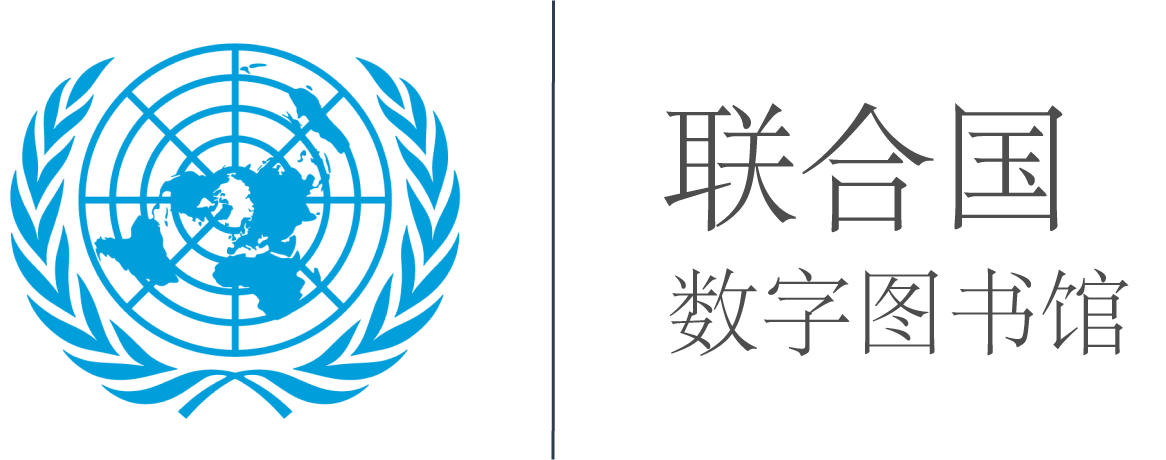A short technical update on self-testing for HIV
2013
Files
详细记录
符号UNAIDS/JC2603
标题A short technical update on self-testing for HIV
获取English: JC2603_self-testing_en_0 - PDF ;
摘要
HIV self-testing is a process whereby a person who wants to know his or her HIV status collects a specimen, performs a test and interprets the test result in private. HIV self-testing does not provide a definitive diagnosis; instead, it is a screening test for the presence of HIV-1/2 antibodies or the HIV-1 p24 antigen. Any positive HIV result must be confirmed by a health worker in accordance with national testing algorithms.
1. What is HIV self-testing and what could it accomplish? -- 2. Current status and research -- 3. Programmatic approaches and models -- 4. Weighing potential benefits and risks -- 5. Policy and regulatory considerations -- 6. Other policy and programme considerations -- 7. Key points to remember about HIV self-testing.
1. What is HIV self-testing and what could it accomplish? -- 2. Current status and research -- 3. Programmatic approaches and models -- 4. Weighing potential benefits and risks -- 5. Policy and regulatory considerations -- 6. Other policy and programme considerations -- 7. Key points to remember about HIV self-testing.
日期Geneva : Joint United Nations Programme on HIV/AIDS (UNAIDS), 2013
描述
10 p. : graphs
备注
Includes bibliographical references (p. 10).
